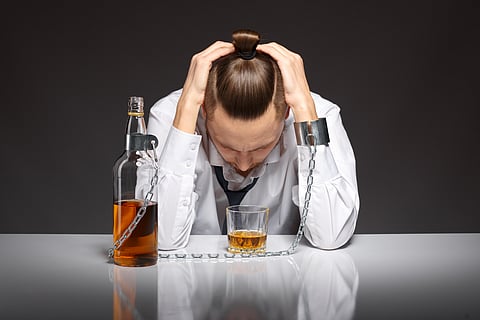When it comes to addiction, one of the most hotly debated—and misunderstood—questions are whether it’s a disease or a matter of personal choice. It’s a topic that shapes how society views people who struggle with substance use, and more importantly, it influences how those individuals see themselves.
So, what really causes addiction? And is it something you can simply choose to stop? The answers are complex, but they’re also essential for breaking down stigma and building a more compassionate, science-backed approach to treatment.
If you or someone you love is looking into drug rehab in Sacramento,understanding the true nature of addiction is a critical first step toward recovery.
The Science: Addiction as a Brain Disease
Most medical and psychological experts agree, addiction is a chronic brain disease. While the initial decision to use a substance may involve personal choice, the ongoing cycle of addiction is driven by profound changes in brain chemistry, structure, and function.
Substances like opioids, alcohol, stimulants, and sedatives hijack the brain’s reward system, releasing a flood of dopamine and reinforcing behaviors that lead to repeated use. Over time, the brain adapts—reducing natural dopamine production and weakening the ability to feel pleasure or motivation from anything other than the substance itself.
This leads to:
● Cravings that override rational decision-making
● Withdrawal symptoms that make stopping physically and emotionally painful
● Compulsive behavior despite clear, harmful consequences
In other words, addiction affects the very part of the brain that governs self-control, making it extremely difficult to stop without help—even for people who desperately want to.


